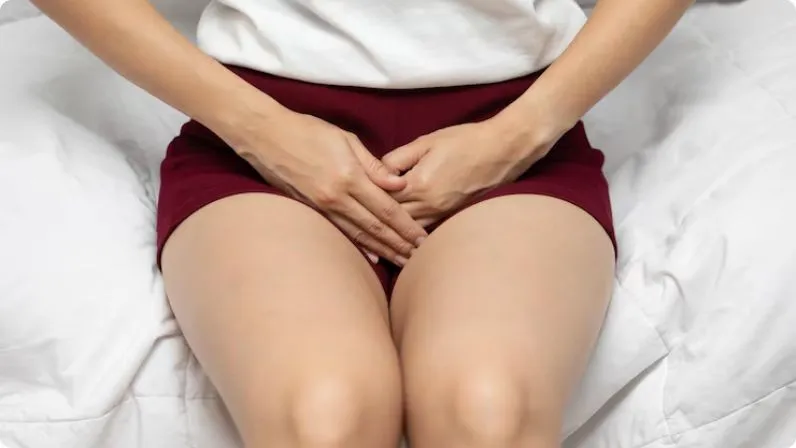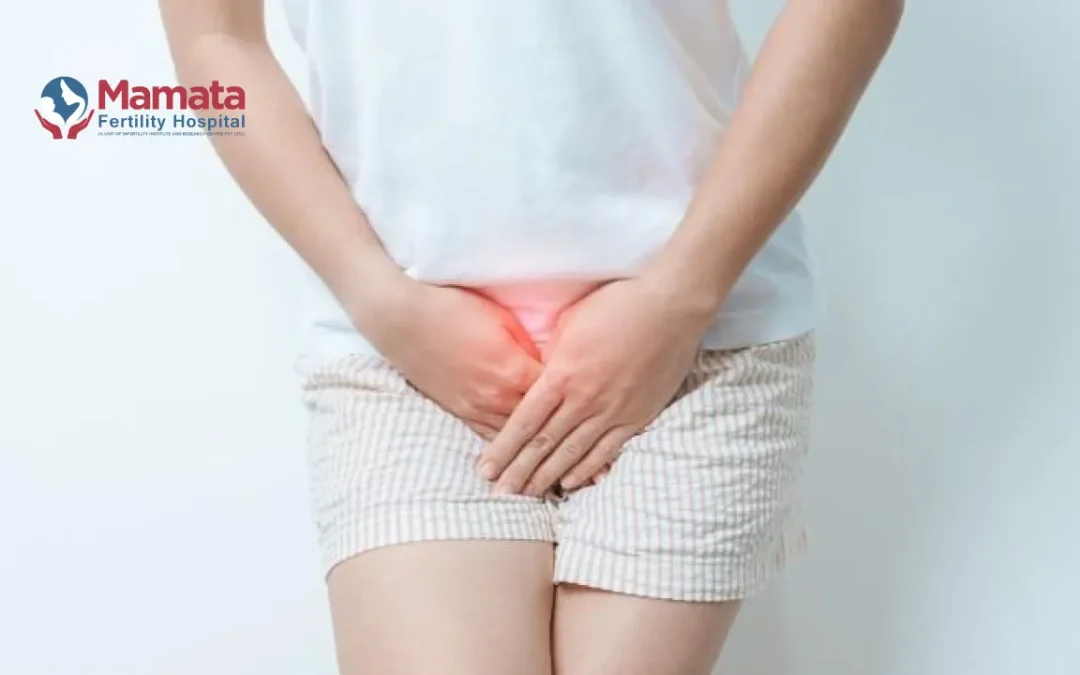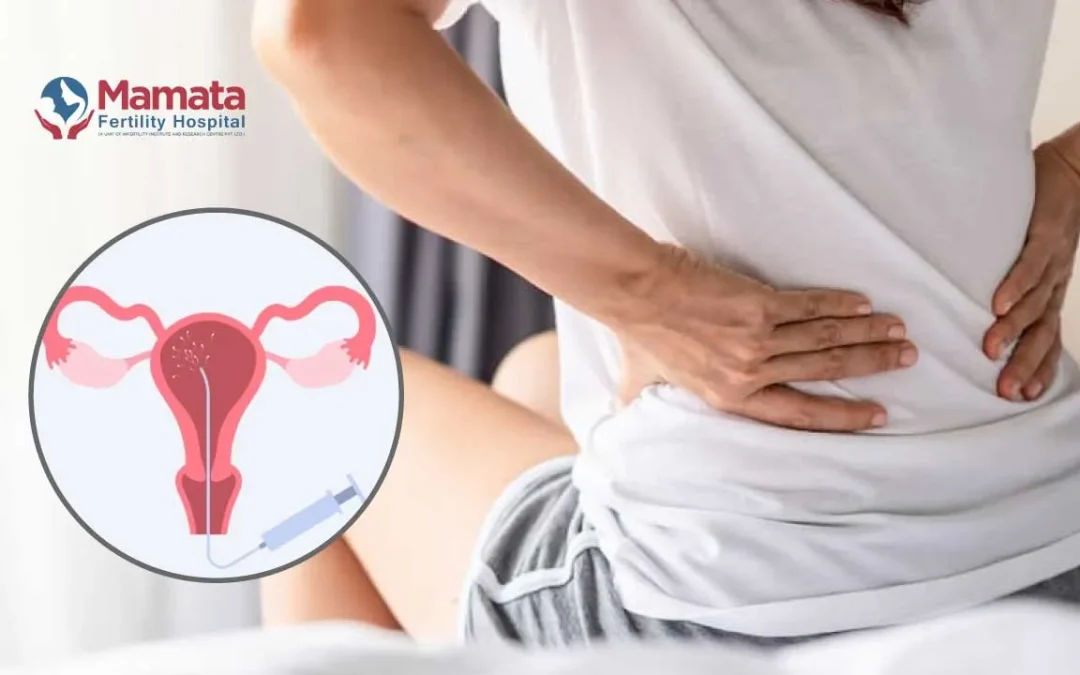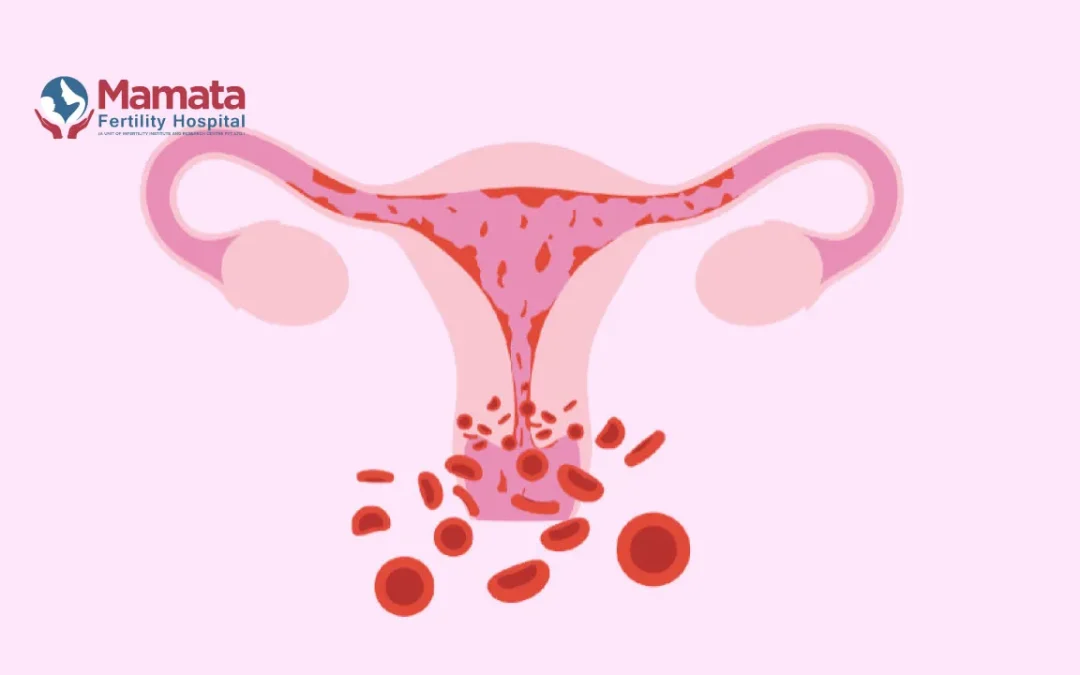Absent Vagina
At Mamata Fertility Hospital in Secunderabad, we aim to empower women by providing clear, compassionate, and accurate information about reproductive health conditions.
One such condition is referred to as “Absent Vagina,” a rare congenital anomaly also known in medical terms as Mayer-Rokitansky-Küster-Hauser (MRKH) Syndrome or Müllerian Agenesis. While it may sound daunting, this condition is manageable with proper medical guidance and support.
This article outlines everything you need to know about the absent vagina condition, including its causes, symptoms, impacts, and treatment options.
For Appointments, Please Call:
More On Absent Vagina
What is Absent Vagina?
An absent vagina refers to a condition where a woman is born without a fully developed vaginal canal. It often occurs as part of MRKH Syndrome, where other reproductive structures like the uterus may also be underdeveloped or missing.
However, women with this condition typically have functional ovaries, meaning they can produce eggs and develop secondary sexual characteristics like breasts and pubic hair during puberty.
The vaginal canal is either completely absent or underdeveloped (often shorter than usual), which can lead to challenges with menstruation, sexual intercourse, and fertility.
Related Anatomical Changes
-
- Type 1 MRKH Syndrome: Only the vaginal canal and uterus are affected, while other organs remain normal.
- Type 2 MRKH Syndrome: The condition also impacts other organs, such as the kidneys, spine, or hearing system.
Despite these challenges, women with this condition can lead healthy, fulfilling lives with the right treatment and emotional support.

Causes and Risk Factors
An absent vagina is a congenital condition, meaning it develops during fetal growth before birth. It is part of a group of malformations affecting structures formed by the Müllerian ducts, which usually develop into the female reproductive system.
Causes
-
- Müllerian Agenesis: During fetal development, the Müllerian ducts fail to form properly, leading to the absence or underdevelopment of the vaginal canal and uterus.
- Genetic Influence: While no specific gene has been identified, there may be a genetic component, as the condition sometimes runs in families.
- Unknown Factors: Other unknown environmental or genetic factors during pregnancy may also contribute.
Risk Factors
There are no clear external risk factors for this condition, as it is purely congenital. However, a family history of MRKH or other congenital anomalies may slightly increase the likelihood.
Symptoms and Diagnosis
The condition is often not recognized until adolescence, as external genitalia usually appear normal. However, signs tend to become evident during puberty when menstrual cycles do not begin.
Common Symptoms
-
- Primary Amenorrhea: The absence of menstruation despite other signs of puberty, like breast development.
- Difficulty with Sexual Intercourse: Pain or discomfort due to a shortened or absent vaginal canal.
- Fertility Challenges: Women cannot conceive naturally without a functional uterus.
- Associated Anomalies: Some women with type 2 MRKH may have kidney, skeletal (spine), or hearing abnormalities.
Diagnostic Approaches
At Mamata Fertility Hospital, we use advanced diagnostic tools to confirm the condition and tailor treatment plans. These include:
-
- Physical Examination: Doctors may identify a shortened or absent vaginal opening during a gynecological check-up.
- Ultrasound: This imaging tool checks for the presence and structure of the uterus, ovaries, and other reproductive organs.
- MRI (Magnetic Resonance Imaging): Provides a detailed view of the internal anatomy, particularly for identifying any underdeveloped uterine tissue.
- Hormonal Tests: These ensure normal ovarian function, which is present in most cases of MRKH.
Accurate diagnosis is critical for helping women understand their condition and explore the best care options.
Impact on Fertility and Pregnancy
The absent vagina condition does not affect a woman’s overall well-being or life expectancy. However, it can lead to certain physical, emotional, and reproductive challenges that require special attention and care.
Health Impacts
-
- Menstrual Concerns: Women without a uterus will not menstruate. However, some may have small uterine tissue fragments that cause abdominal pain during menstruation cycles.
- Sexual Health: Without a functional vaginal canal, penetrative intercourse may be difficult or painful unless treated.
Fertility Considerations
-
- While natural conception is not possible without a functional uterus, women with MRKH Syndrome can have biological children using assisted reproductive techniques:
- Surrogacy: Eggs can be fertilized through in vitro fertilization (IVF) and implanted into a surrogate uterus.
- Adoption: Adoption offers a fulfilling and alternative way to build a family.
Treatment and Management Options
Treatment for an absent vagina focuses on improving quality of life, addressing sexual health, and enabling reproductive possibilities. At Mamata Fertility Hospital, treatment plans are personalized to meet each patient’s unique needs.
Non-Surgical Options
- Vaginal Dilators: Stretching the vaginal canal using specialized medical dilators can gradually create or lengthen the vaginal opening. This process is non-invasive and often effective for women who are comfortable with a slow, patient approach.
Surgical Options
- Vaginoplasty: A surgical procedure where a functional vaginal canal is created using surrounding tissues or skin grafts. This approach is ideal for women who require quicker results or want a more developed structure.
- Laparoscopy: A minimally invasive operation used to enhance anatomical accuracy and support fertility treatment (if applicable).
Both approaches can significantly improve a woman’s ability to live comfortably, develop intimate relationships, and strengthen her sense of identity.
Psychological Counseling
We also place high importance on mental health support. Living with MRKH or related conditions can be emotionally challenging, and we encourage counseling to help patients process their feelings, build confidence, and develop positive coping strategies.
Lifestyle and Dietary Recommendations
Although lifestyle changes cannot alter the congenital nature of the condition, certain habits and support systems can enhance overall health and emotional well-being.
Nutrition and Physical Health
-
- Balanced Diet: A nutritious diet rich in fruits, vegetables, whole grains, and proteins supports general health.
- Exercise Management: Low-impact activities like yoga or walking can alleviate stress and promote self-confidence.
Emotional Well-Being
-
- Support Groups: Connecting with other women who share similar experiences through local or online support groups can provide valuable encouragement and advice.
- Open Communication: Discussing your condition honestly with trusted family, friends, or a partner can cultivate understanding and emotional resilience.
Partner and Intimacy Support
Educating your partner about the condition ensures a supportive and patient relationship. Intimacy is possible with or without a fully developed vaginal canal, and treatments like vaginoplasty or dilators can enhance physical comfort and emotional connection.
Frequently Asked Questions (FAQs)
1. Are women with absent vagina condition infertile?
Not inherently. While natural pregnancy is not possible without a uterus, options like IVF with surrogacy can help women have biological children.
2. Is surgery the only solution?
No. Vaginal dilators offer a non-surgical treatment option to create or lengthen a vaginal canal.
3. Will a woman with an absent vagina menstruate?
No, as menstruation requires a functional uterus, which is often missing or underdeveloped in women with MRKH Syndrome.
4. Can an absent vagina condition affect overall health?
No, it does not affect general physical health or life expectancy but may cause emotional challenges requiring support.
5. How common is this condition?
MRKH occurs in approximately 1 in 4,500 female births, making it a rare but manageable condition
At Mamata Fertility Hospital, we recognize that the missing vagina condition can be an emotional and physical challenge. Our dedicated team is here to provide the care, guidance, and solutions you need to lead a fulfilling life. If you have concerns about your menstrual health, fertility, or reproductive structure, reach out today to schedule a consultation. Together, we’ll create a plan tailored to your unique situation and future aspirations.
Reviewd By

Dr Aarti Deenadayal Tolani
Clinical Director, Scientific In-Charge & Fertility Consultant
MBBS, MS ( OBGYN), FICOG
Expert in Reproductive Endocrinology, Infertility, Advanced Gynaec Ultrasound, and Faculty at Mamata Fertility Hospital.
Blogs and Articles

Bleeding After IUI: What You Need to Know
Know the causes of bleeding after IUI, such as implantation bleeding and spotting, and when to seek advice from a fertility specialist.

Back Pain After IUI and How to Manage It
Experiencing back pain after IUI?Discover effective methods to manage this discomfort and understand its causes.Get relief and support today.

Brown Discharge After IUI
Understand the causes of brown discharge after IUI, including implantation bleeding and hormonal changes. consult Mamata Fertility Hospital.

